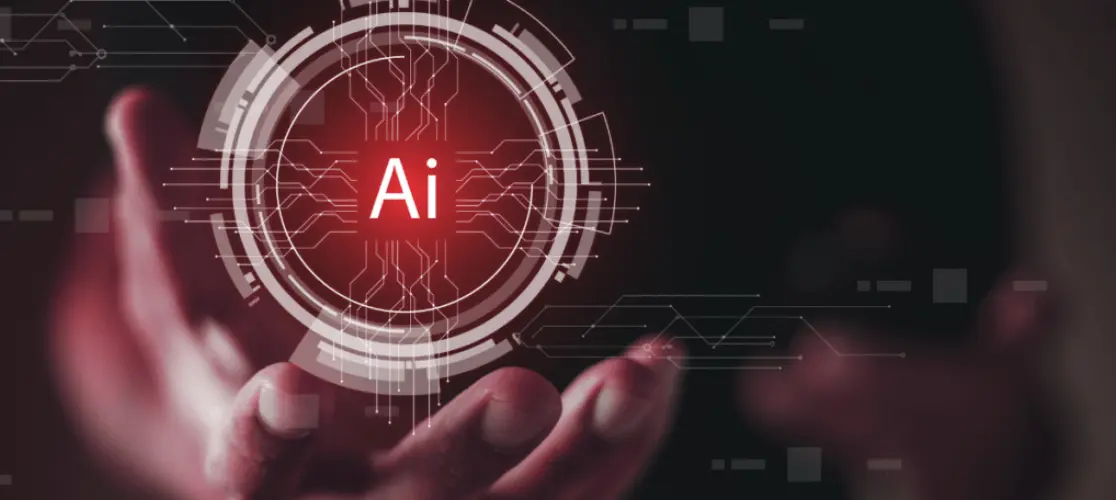Takes readers on an insightful exploration of the limitless possibilities and transformative impact of artificial intelligence.

In the ever-evolving landscape of technology, Artificial Intelligence (AI) stands as a beacon of innovation, promising to revolutionize industries, redefine processes, and reshape the way we perceive the world. As we embark on this transformative journey, it's crucial to understand the essence and implications of AI, unlocking its vast potential while addressing pertinent questions and concerns.In the ever-evolving landscape of technology, Artificial Intelligence (AI) stands as a beacon of innovation, promising to revolutionize industries, redefine processes, and reshape the way we perceive the world. As we embark on this transformative journey, it's crucial to understand the essence and implications of AI, unlocking its vast potential while addressing pertinent questions and concerns.
What is Artificial Intelligence?
At its core, AI refers to the simulation of human intelligence processes by machines, encompassing learning, reasoning, and self-correction. Unlike traditional computer programs, AI systems possess the ability to analyze vast datasets, recognize patterns, and adapt to changing circumstances, mimicking cognitive functions such as problem-solving and decision-making.
Applications of AI
The applications of AI are boundless, permeating virtually every aspect of our lives. From virtual assistants like Siri and Alexa to recommendation systems on streaming platforms, AI has seamlessly integrated into our daily routines, enhancing convenience and efficiency. Moreover, AI's impact extends across diverse domains, including healthcare, finance, transportation, and manufacturing, driving progress and catalyzing innovation.
In healthcare, AI algorithms analyze medical images, diagnose diseases, and personalize treatment plans, revolutionizing patient care and clinical outcomes. Similarly, in finance, AI-powered algorithms optimize trading strategies, detect fraudulent activities, and streamline customer service, reshaping the dynamics of the industry.
Most popular AI tools
ChatGPT - ChatGPT is a chatbot developed by OpenAI and launched on November 30, 2022.
Gemini - Gemini, formerly known as Bard, is a generative artificial intelligence chatbot developed by Google.
Janitor a i - Janitor AI is a character chatbot that launched in May 2023, initially based on ChatGPT.
Ethical Considerations
Despite its transformative potential, AI raises ethical concerns regarding privacy, bias, and job displacement. As AI systems rely on data for training and decision-making, ensuring data privacy and mitigating algorithmic bias are imperative to prevent discriminatory outcomes and safeguard individual rights. Additionally, the automation of tasks through AI has sparked debates surrounding job displacement and workforce reskilling, underscoring the need for proactive measures to address socio-economic implications.
The Future of AI
Looking ahead, the future of AI holds boundless possibilities, driven by ongoing research and technological advancements. As AI algorithms become more sophisticated and capable, we can anticipate breakthroughs in areas such as natural language processing, robotics, and autonomous systems. Moreover, the convergence of AI with other transformative technologies like blockchain and the Internet of Things (IoT) promises to unlock new frontiers of innovation, fueling economic growth and societal progress.
Conclusion:
In conclusion, Artificial Intelligence represents a paradigm shift in the way we interact with technology, offering unprecedented opportunities for innovation and advancement. By harnessing the power of AI responsibly and ethically, we can unlock its full potential, driving positive change and shaping a future where intelligence knows no bounds. As we embark on this journey into the age of AI, let us embrace curiosity, collaboration, and compassion, laying the foundation for a brighter and more inclusive tomorrow.
Categories: News
